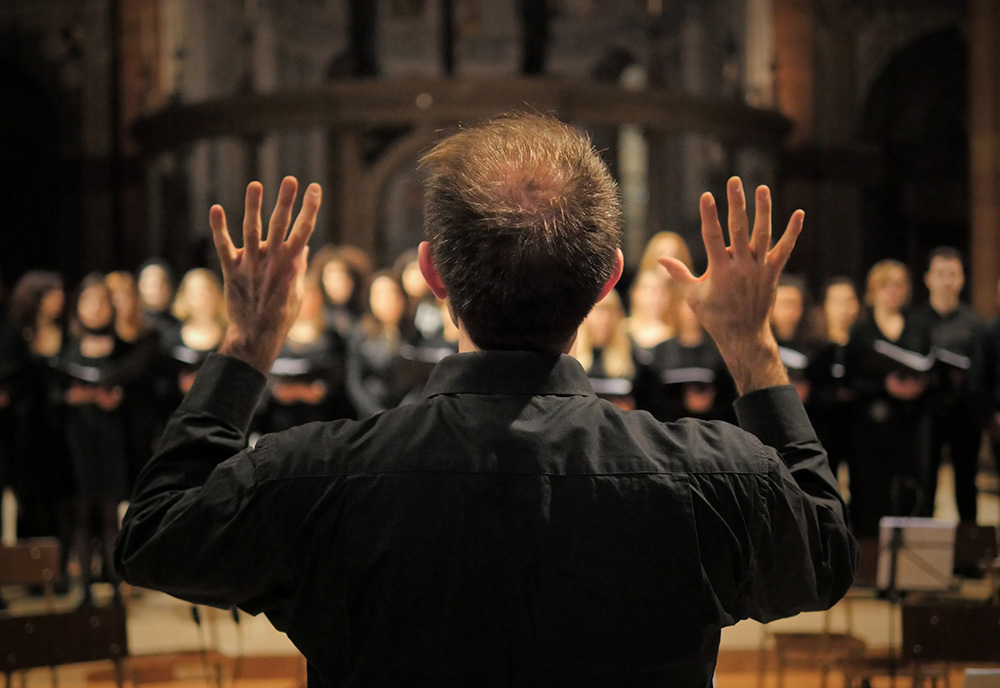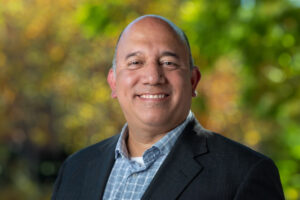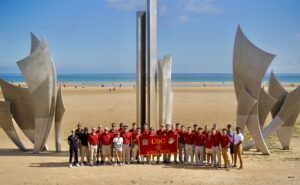As Tony Domenick and Blake Nawa’a sang at venues across Colorado, they often dreamed of a more collaborative choir.
The professional singers usually worked with choirs run by a sole artistic director, resulting in poor solutions to rehearsal problems, less diverse musical repertoires, or little use of other experts. Domenick and Nawa’a imagined a choir where artistic leadership and payment was more equally shared among singers, sparking the idea for their startup, Denver-based Quorum.
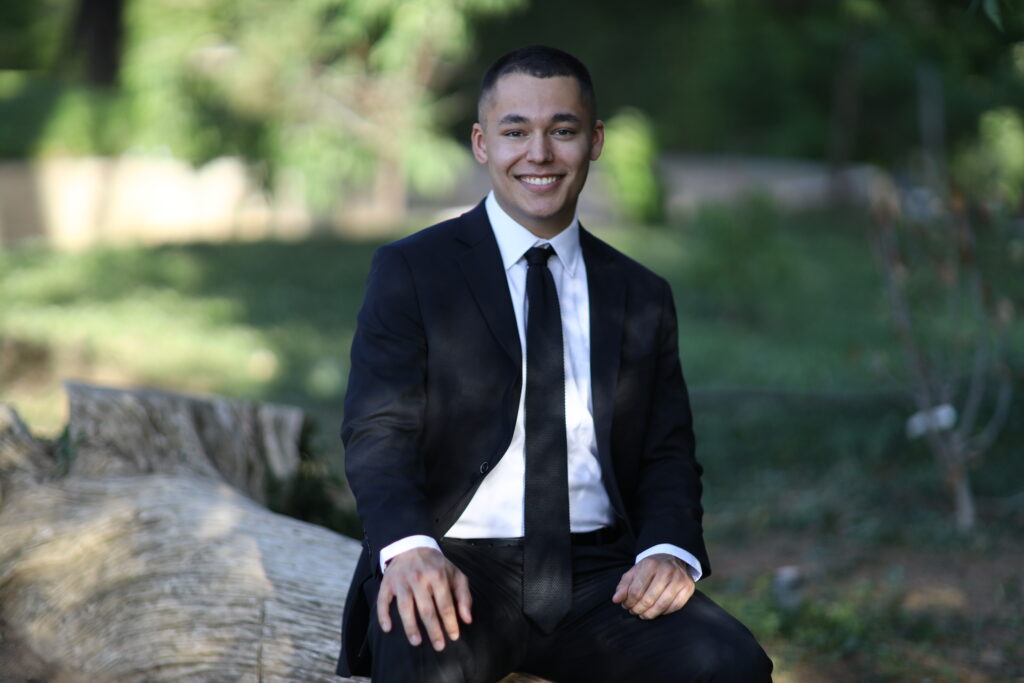
The singers had one problem: they lacked experience in organizing a nonprofit. So, they turned to five recent graduates from the USC Price School of Public Policy, who advised Quorum for their capstone project, in which students tackle real-life policy problems to complete their degrees.
The graduates – Aurelio Aleman (MPA ‘23), Kevin Bautista (MPA ‘23), Alejandro Faz (MPA ‘23), Lia Jones-Karavokiris (MPA ‘23) and Ayesha Karriem-Mayagoitia (MPA ‘23) – not only helped Quorum refine and launch its operations. They also won the John Randolph and Dora Haynes Foundation Recognition Award for Outstanding Performance, the top honor for capstone projects from the USC Price School’s Master of Public Administration and Master of Nonprofit Leadership & Management programs.
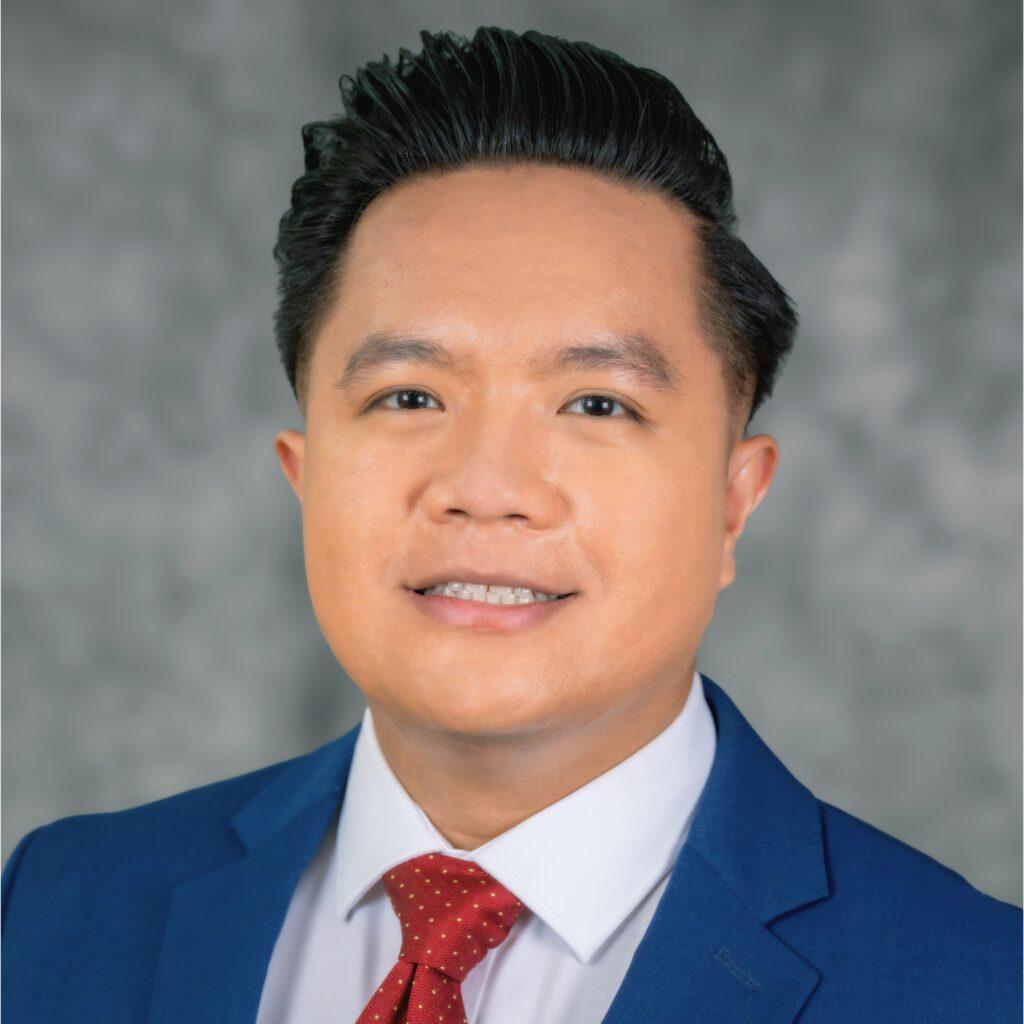
“As a testament to USC Price, compiling a 90-page methodological research study and day-one recommendations with over 170 references in three months is no small feat. This recognition reflects the amount of work, the toil and the focus we had, and how committed we were to ensuring this operation got off the ground,” Faz said.
The professional singers, meanwhile, are grateful.
“The students were easy to talk with, very diligent and organized in their communication,” Domenick said. “They gave us a super detailed report to explore different ways we could organize a cooperative business, different organizations to work with to bring singing to folks without homes or folks in prison, and stages to aim for as we start this long journey.”

Master of Nonprofit Management & Leadership
A Hands-On Program for Innovative Leaders
USC’s MNLM provides the critical skills and training you need to lead complex nonprofit and mission-driven organizations.
Find Out More
One of the student team’s core recommendations was for Quorum to adopt a matrix organizational structure, in which team members report to multiple leaders. Students described the idea as a hybrid between traditional, top-down hierarchies and more distributed, horizontal leadership structures. In this case, Quorum could have more collaboration among the performing aspects of the nonprofit, while maintaining a top-down structure for administrative decision making.
“We wanted to hone in on their preference for collaboration while at the same time not compromise on performance and efficiency administratively,” Bautista said.
The student team also developed plans for Quorum to achieve its external goals. This included securing funding, forging partnerships and engaging with marginalized populations, such as people experiencing homelessness, those incarcerated and neurodivergent individuals.
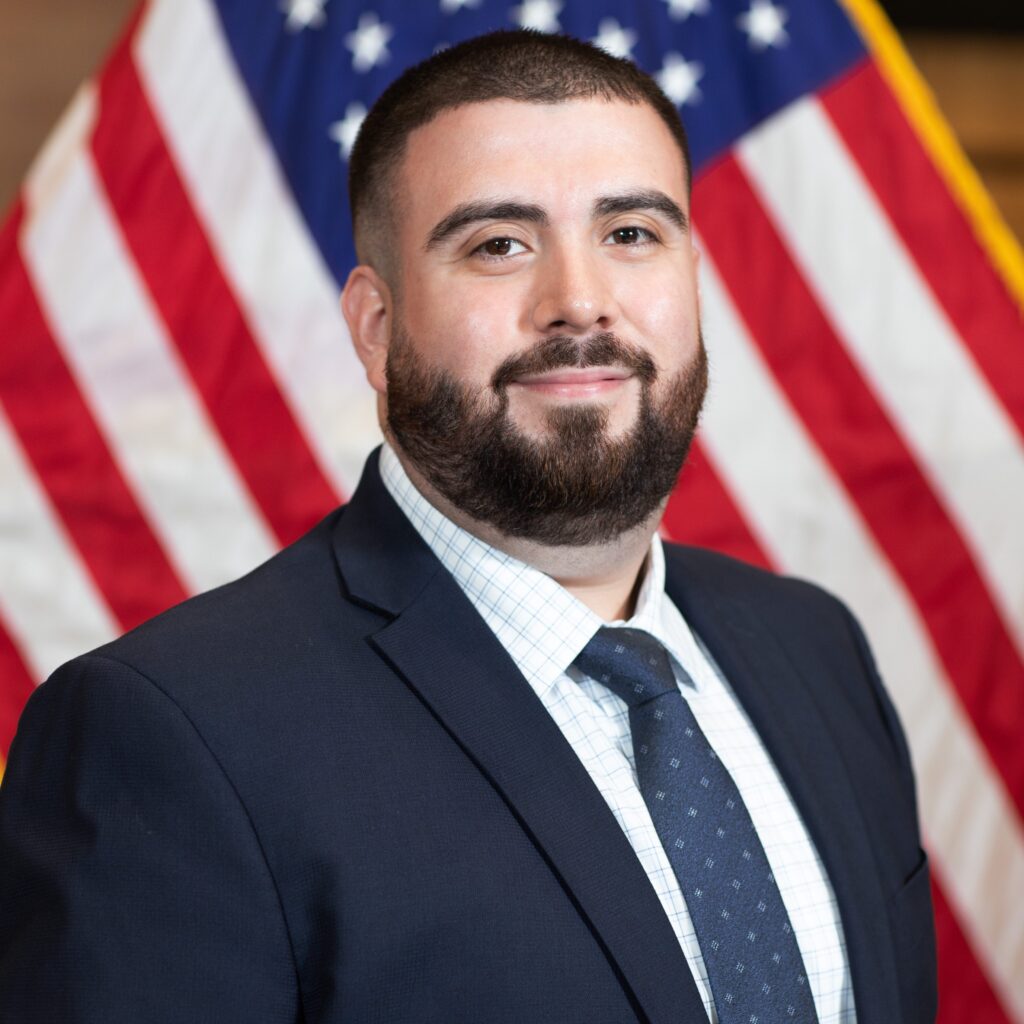
To better engage with marginalized communities, the team recommended an enhanced mission statement that links Quorum’s internal goal of having a collaborative organizational model to their external goals of providing equitable access to choir singing.
“Their ability to communicate this synergy clearly will aid in focusing their efforts and increase access to funding and partnerships, a primary goal for a nonprofit start-up,” Jones-Karavokiris said.
At first glance, advising a choir may seem like an odd capstone project for students pursuing government and nonprofit degrees, Aleman said. But the experience revealed how his public administration education can be used beyond the public sector.
“It was interesting to see how what we learned throughout the program doesn’t only apply to government,” Aleman said.
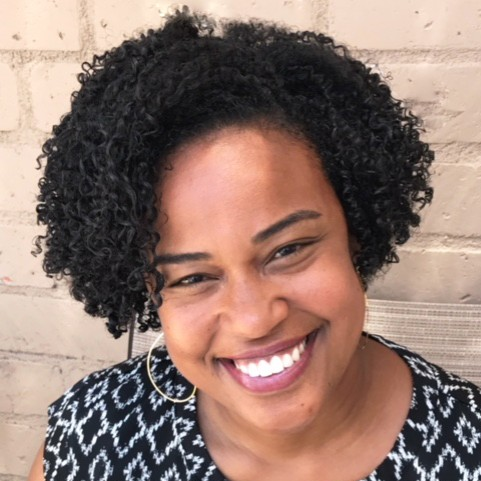
Collaborating with Quorum enabled the students to apply and implement what they learned in the MPA program, Karriem-Mayagoitia added.
“Working closely with our team and Quorum has shown me the power of dedication and collaboration to make a meaningful impact,” she said. “This hallmark experience has not only broadened my perspective on social issues but has also solidified in me a sense of purpose and fulfillment in contributing to a cause that strives to improve the lives of others through music arts.”
